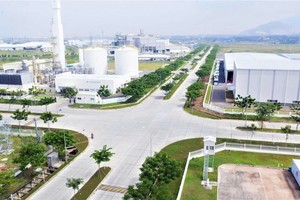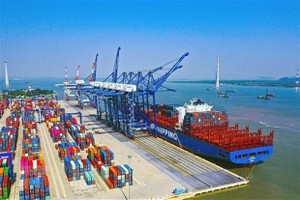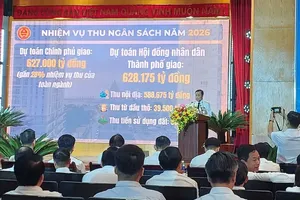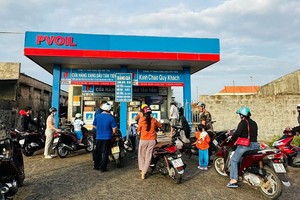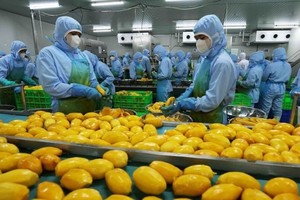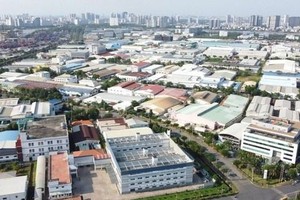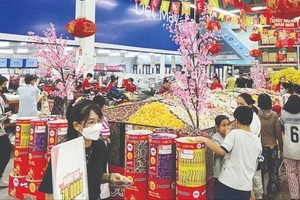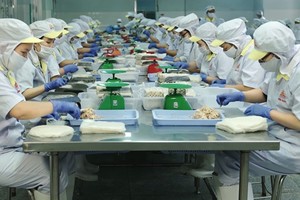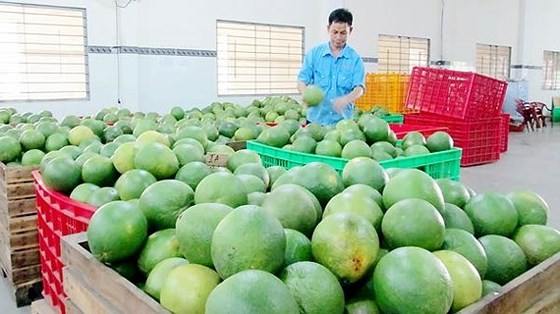
Although the policy of attracting businesses to agriculture has been long issued but there were only about 200-300 companies investing in the field a year before 2017.
Last year the number went up to nearly 2,000 companies. However as many as 1,000 agricultural companies dissolved in the same year.
The number of agricultural businesses increased from 4,500 in 2016 to 5,500 in 2017.
Besides farming rice, businesess have transferred into making products which the market needs such as fruits, shrimps and pangasius fish with higher export value.
Fruit export turnover jumped from $2.5 billion in 2016 to $3.45 billion in 2017.
Still investment in agriculture has been low, accounting for 5 percent of total social investment capital. The funds that the state and businesses investing in agriculture approximates $3 billion a year. Half of the number is from central and local budget.
According to Mr. Tuan, attracting businesses to agriculture and rural development has been slow and difficult because policies have not met their demand. The policies have not solved two most difficulties in land and credit, 50-70 percent of businesses have lamented about land procedures and loan access difficulties.
The Ministry of Agriculture and Rural Development has submitted draft decree 210 on creating mechanisms to lure businesses to agriculture with outstanding solutions. For instance, firms will be permitted to use properties on land such as glass and net houses as mortgages to access bank loans.
In addition, they can get loans with interest rate 1-1.5 percent a year lower than common rates and local buget will make up the difference for banks at the end of every year.
The ministry has suggested cutting corporate tax and import tariff for buisnesses investing in agriculture. However this is difficult to be accepted for requiring changes in relevant tax laws.



